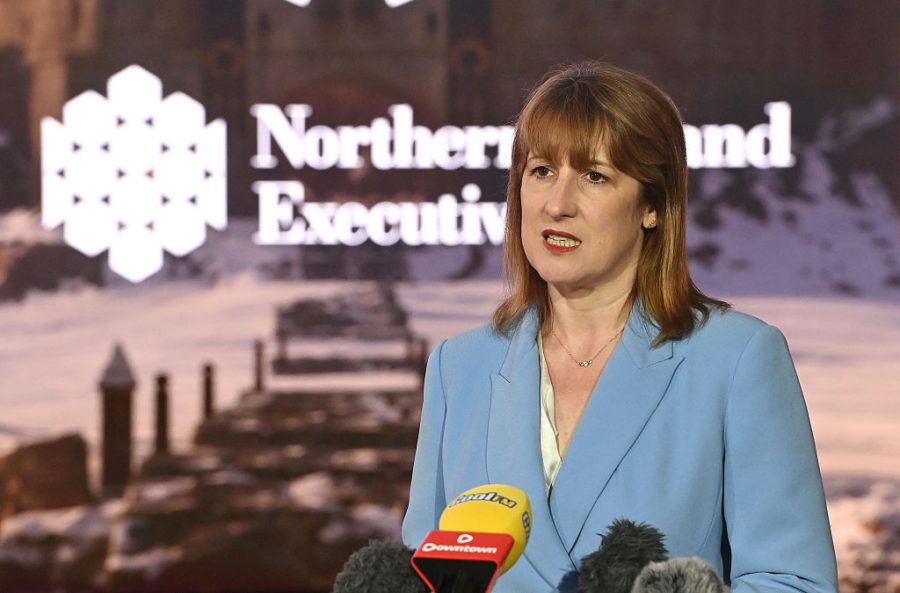Rachel Reeves’s error before last autumn’s Budget might have been written off as the act of a ministerial rookie. She kept making us miserable by telling us about fiscal black holes and telling us that huge tax rises would be required to fix it – with the result that, come Budget day, the outlook for the government’s finances was worse than it should have been.
Reeves had helped to stall economic growth by damaging confidence. When you and I bleat on about how bad the economy is, nothing much happens. The same even applies to a shadow chancellor. But when you are in office, making the decisions, you have to be a lot more careful what you say. Talking down the economy can all too easily become a self-fulfilling prophecy if you start discouraging people from investing.
The economy is being damaged by the constant feed of bad news
And this year? Reeves seems to have learned nothing – she is doing exactly the same. Every day seems to bring yet another proposal to jack up an existing tax or introduce a new one. It is like being subjected to a whole decade’s worth of Today interviews with Torsten Bell, former head of the Resolution Foundation and now Reeves’s right-hand man at the Treasury – inventing new taxes has always been his speciality. And guess what? The drip, drip, drip of controlled leaks is beginning to have a serious impact on the behaviour of individuals and businesses whose help Reeves desperately needs to grow the economy.
Allan Leighton, Chairman of Asda, speaks for many when he calls on Reeves to ‘stop taxing everything in some way, shape or form’. His particular beef is with a proposal to increase business rates for large premises, such as supermarkets. As he points out, extra taxes on supermarkets will be passed on to consumers, which means more inflation, which in turn means higher debt repayments. It is the same with the numerous proposals for new or extra property taxes: they cannot help but dissuade buyers from committing to house purchases. That means less activity in the housing market, which in turn means lower receipts from stamp duty.
It used to be tradition that a Chancellor would go into ‘purdah’ in the run-up to a Budget – they wouldn’t talk about what tax rises might be in the pipeline. If they did, as Hugh Dalton found to his cost in 1947, it was a resigning matter. That tradition has gone out of the window in the past couple of decades. Instead, the practice now is to float proposed tax rises before the public through a series of anonymous briefings. Presumably the aim is to help prepare the ground so that the tax rises, when they are eventually announced, cause less of an impact. It also gives chancellors the opportunity to backtrack if a proposed tax rise goes down especially badly.
But it comes at a heavy price when, as Reeves has done this year, the tax proposals come so thick and so fast that they give the impression that absolutely everything is going to be taxed. Presumably when the day comes, the actual Budget won’t be as bad as the numerous briefings suggest it will be. Many people will feel a sense of relief when they realise they have not been hit after all. But in the meantime, the economy is being damaged by the constant feed of bad news. Who wants to do business or commit themselves to a large purchase when they are fearful of what is to come?
Purdah before the Budget wasn’t such a bad institution. Reeves should stop the briefings and realise that part of her job is to build economic confidence.








Comments